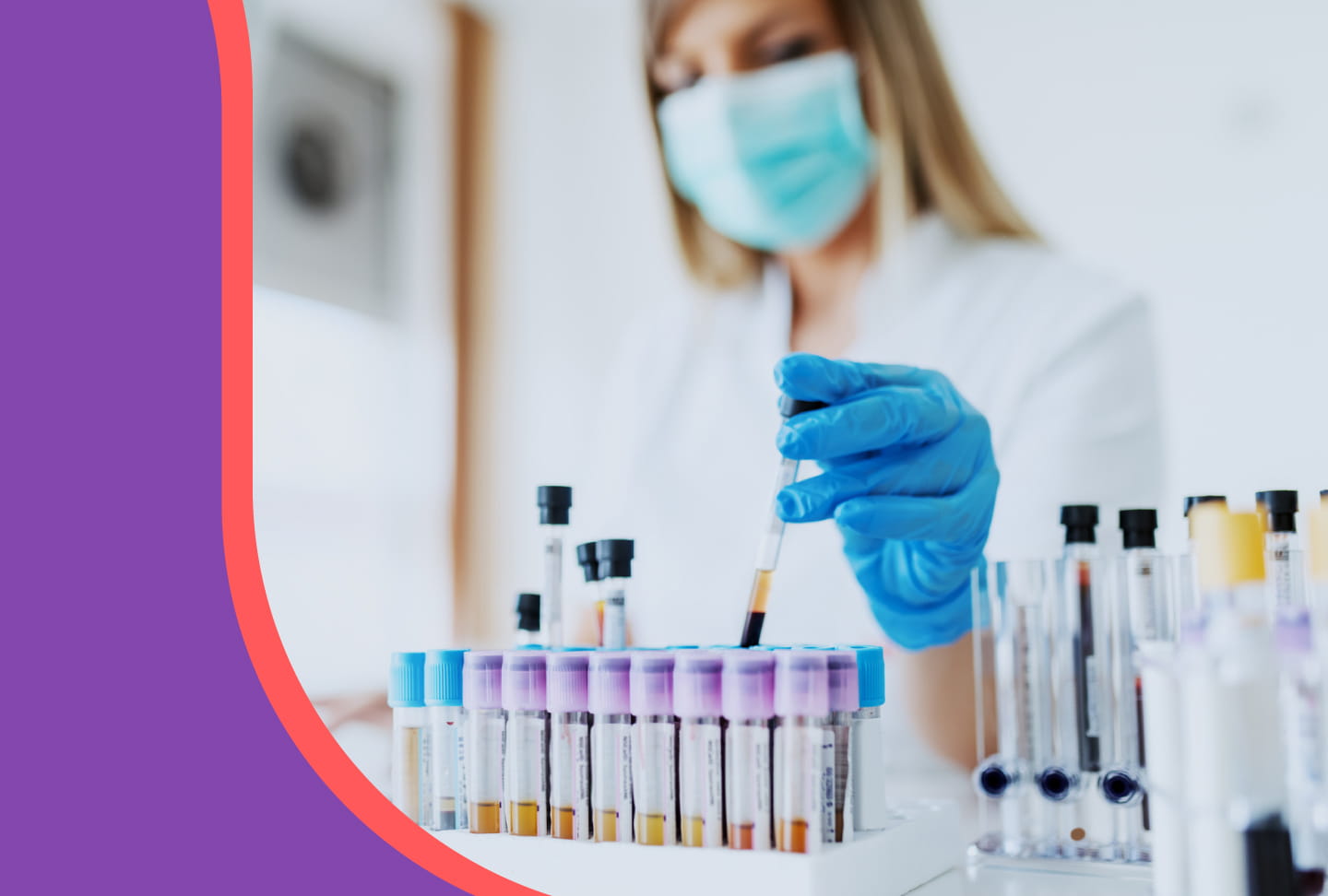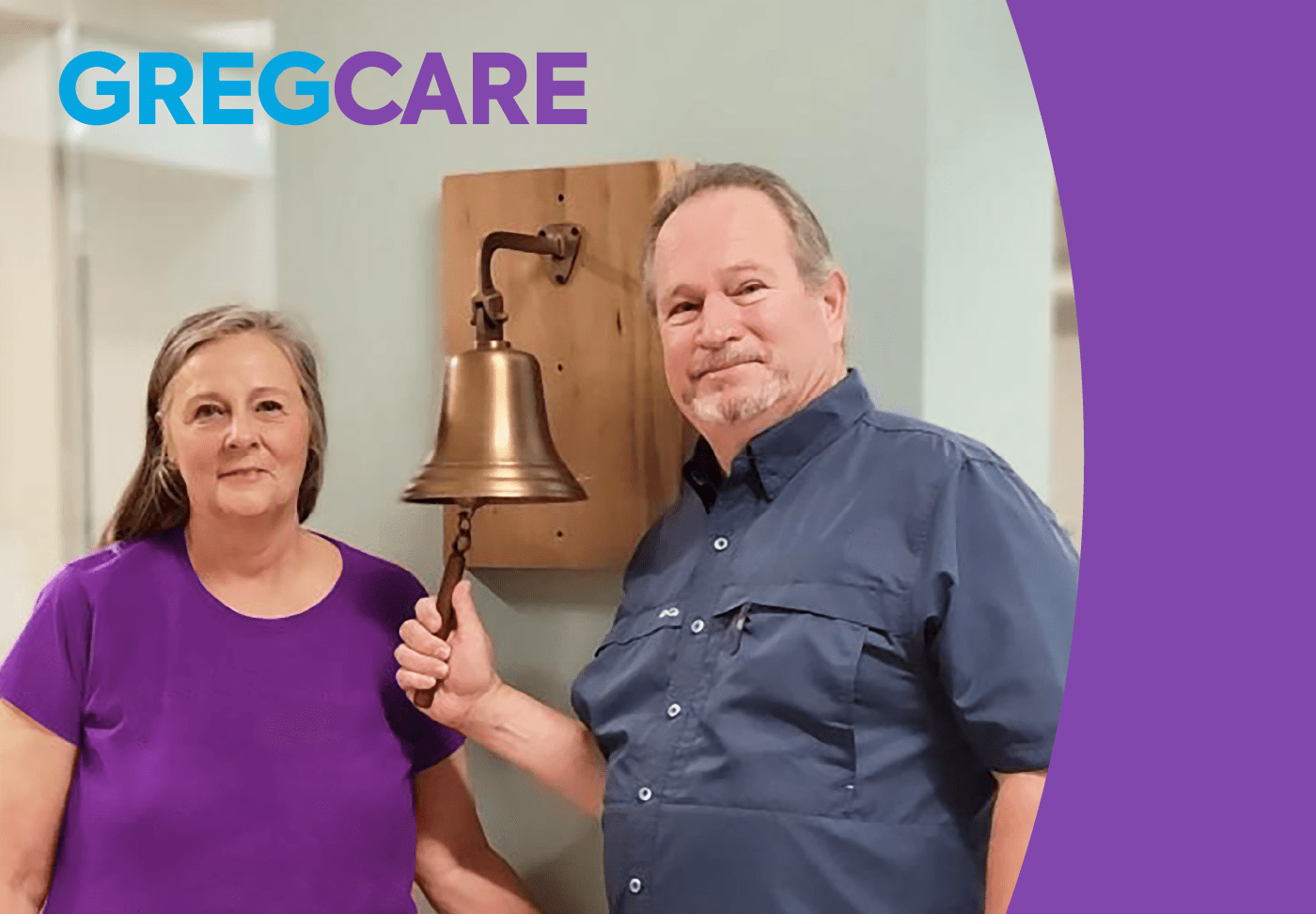While Wellstar’s expert cancer specialists are well-equipped to help their patients fight cancer, they’re also dedicated to stopping cancer before it starts.
Part of preventing cancer is knowing your risk and taking action early. Wellstar’s Genetic Risk Assessment Program helps patients determine whether they may be at higher risk for some cancers.
At Wellstar, our focus is PeopleCare—personalized healthcare tailored just for you. For cancer care, that means taking a close look at what makes you unique—your distinct genetic makeup that sets you apart. Genetic counselors use a compassionate approach to guide patients and their families so they can make informed healthcare decisions.
“We are the busiest genetic counseling program in Georgia,” said Wellstar's Chief Cancer Officer, Dr. Michael Andrews. “Cancer care now is very genetically-based, and the specialists in our program can look for certain abnormalities and adapt treatments based on what they find.”
Halting Hereditary Cancers
Genetic mutations play a major role in about 5–10% of cancers. A patient with a family history of cancer who learns they have specific genetic mutations can partner with their provider to be more proactive, whether that involves screening, lifestyle changes or medical treatments. Taking a few proactive steps could prevent cancer, even if the patient’s genetics may put them at a higher risk.
Genetic testing can also benefit cancer patients and empower their whole families with important information. If a cancer patient learns they carry a mutation, it can help relatives decide if they could benefit from genetic testing. Also, people who have certain cancers and also have specific DNA sequences may benefit from targeted therapies.
Some possible signs of hereditary cancer include:
- Unusually early age of cancer onset
- Multiple primary cancers in a single patient
- Cancer in paired organs (such as in cancer in both breasts)
- Multi-generational cancers
- Rare tumors
- An unusual presentation, such as male breast cancer
- Belonging to an ethnic group known to be at high risk for hereditary cancers
- No environmental explanation for the cancer
Some gene mutations can increase your cancer risk, so if your provider finds that you are affected, they may recommend increased screenings and other precautions to monitor your health.
- TP53: This gene produces a protein that slows down tumor growth. Mutations in this gene can cause Li-Fraumeni syndrome, which puts patients at an increased risk for developing some cancers.
- BRCA1 and BRCA2: Mutations in these genes increase the risk of breast and ovarian cancer, as well as pancreatic cancer, prostate cancer and male breast cancer.
- PTEN: This gene also stops tumor growth. Mutations in this gene are associated with Cowden syndrome, a disorder that increases the risk of breast, thyroid, endometrial and other forms of cancer.
Take charge of your health—and maybe help out a family member, too—by learning more about how your genetics could affect your cancer risk. Call (470) 793-7472 to book an appointment with a Wellstar Genetic Counselor. Both in-person and virtual visits are available. Learn more at wellstar.org/cancercare.





